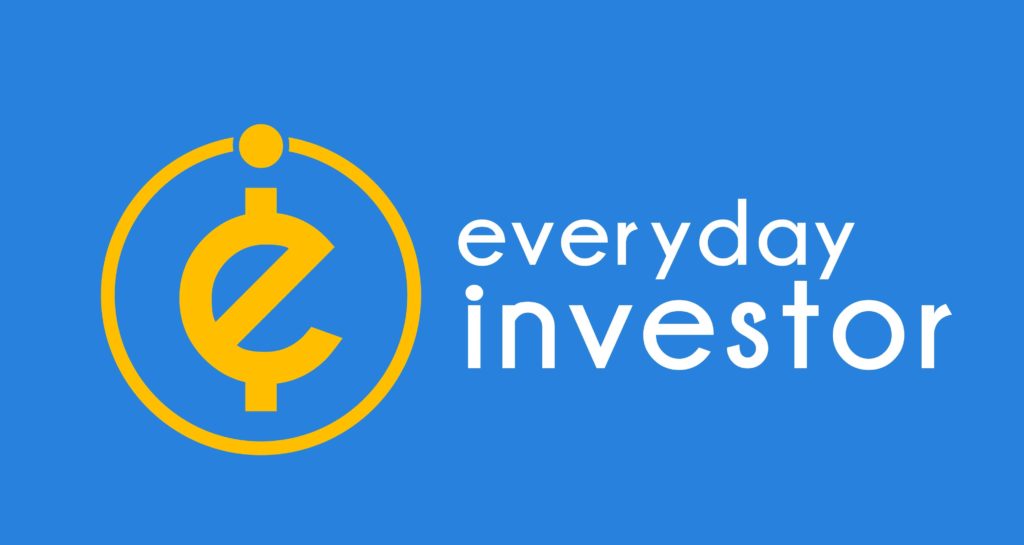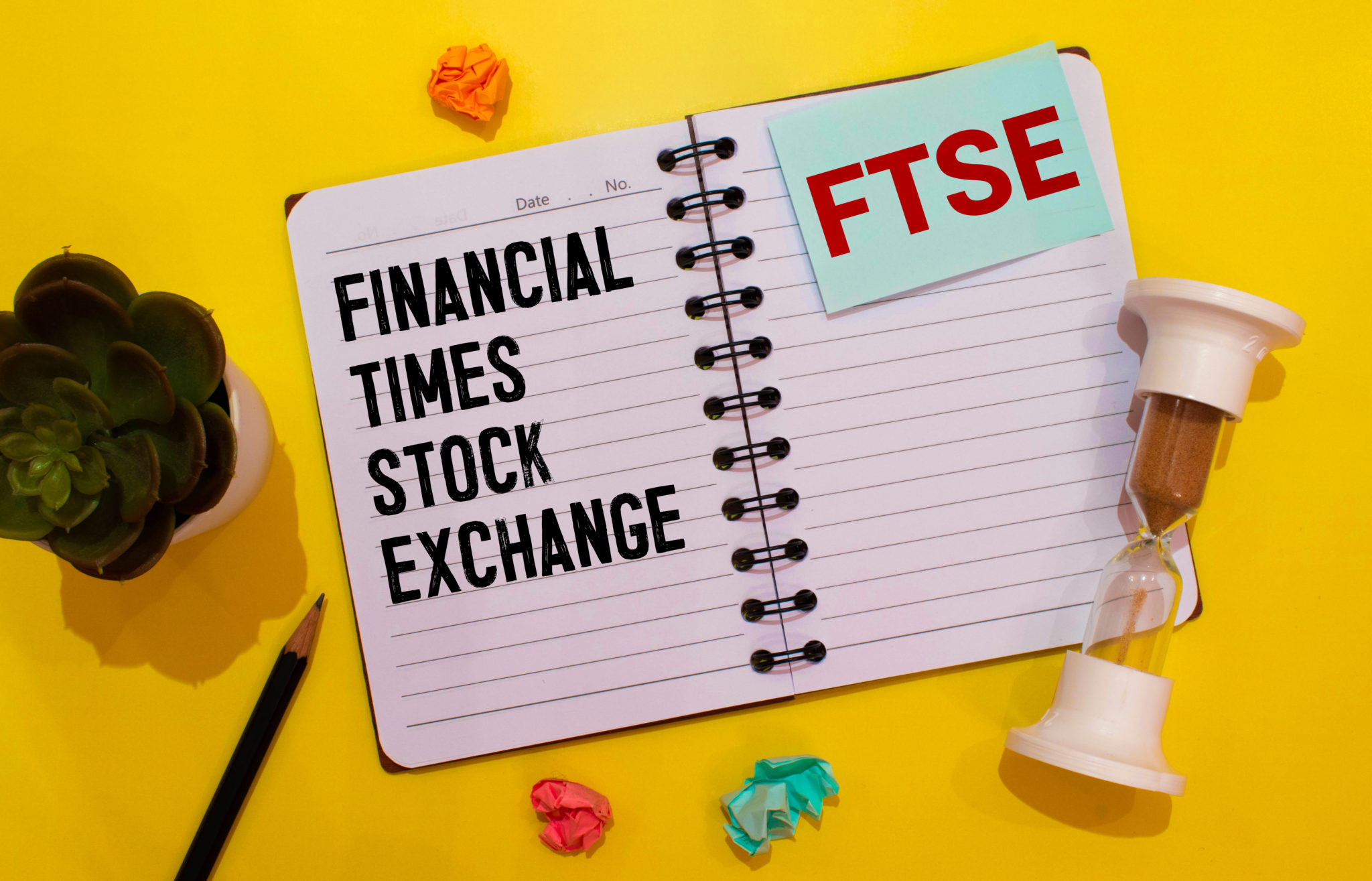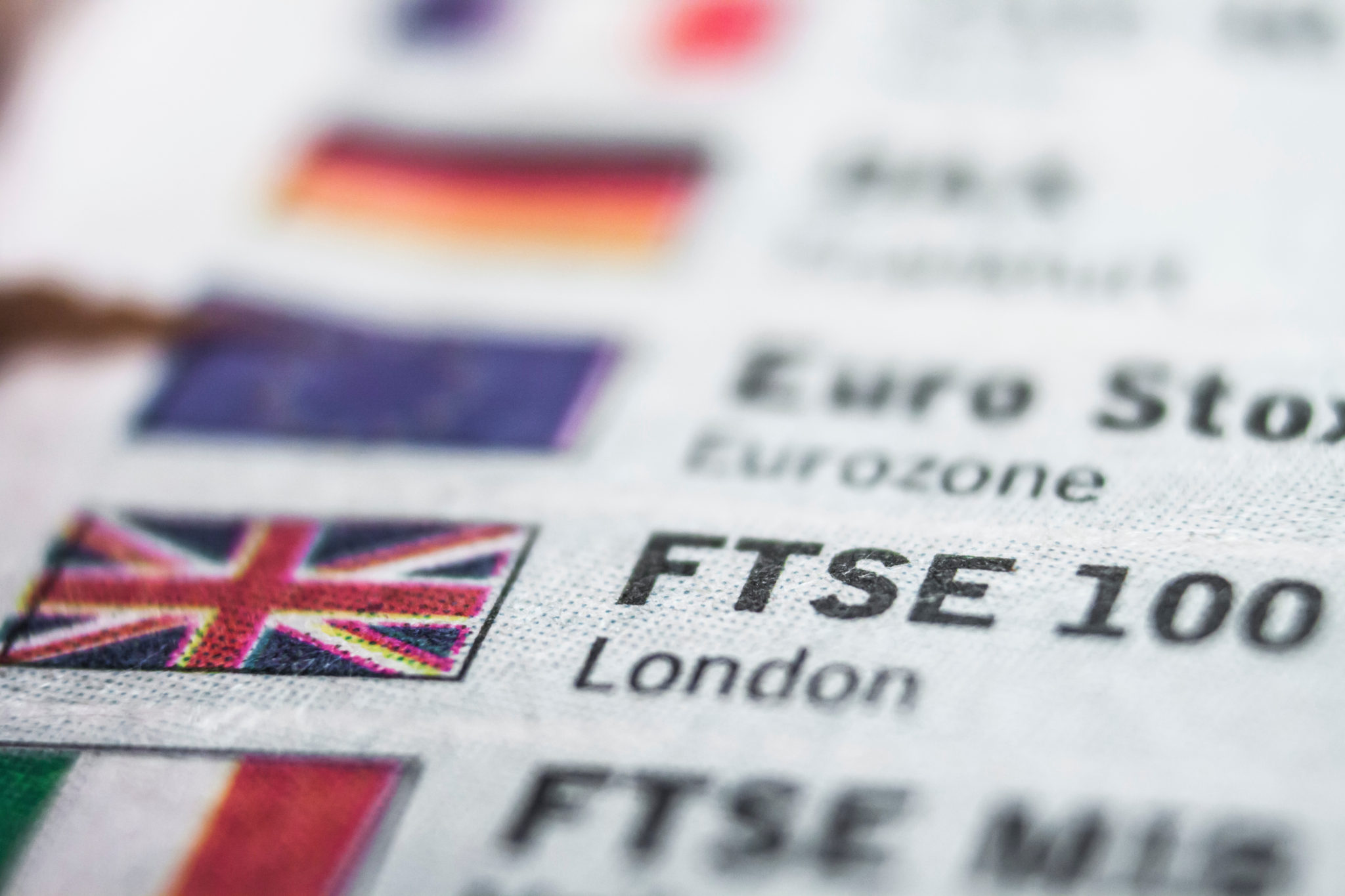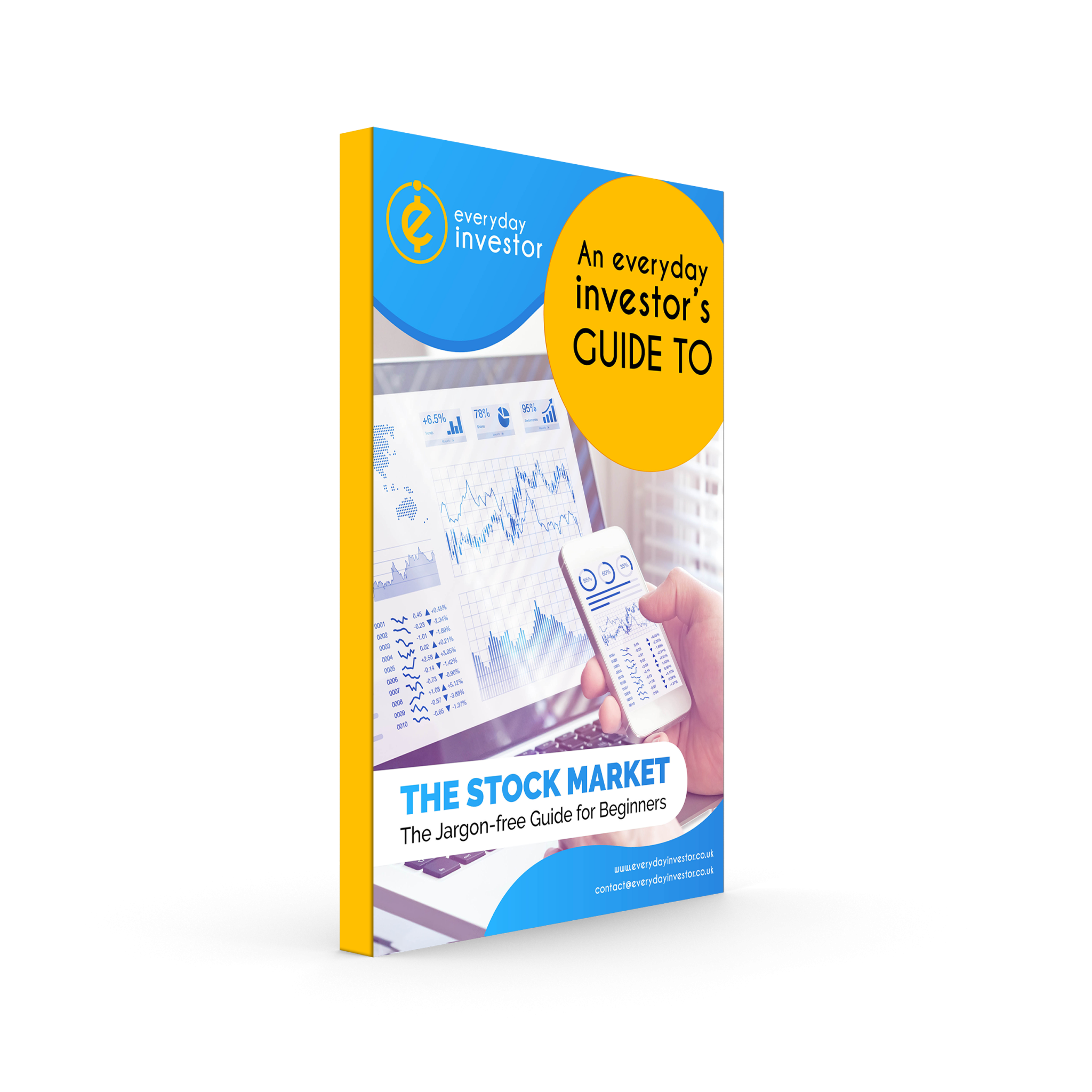Shareholder definition
A shareholder is someone who owns a share of a company. A share represents a slice of ownership of a company, articulated as a financial value.
It is possible for a company to have just one shareholder, as is the case for many small private companies. However, companies listed on the stock market will have a large number of shareholders. There is no limit to the number of shares and therefore shareholders that a company can have.
What is a shareholder’s role?
The shareholders are the owners of the company. They are also investors in the company and will have an interest in how well the company is performing. Shareholders vote on company matters such as the appointment of the directors.
In a limited company (both private and public) there is a separation between the company and its shareholders. A limited company is viewed as an entity in its own right. This means that the shareholders are not personally liable for a company’s debts.
How to become a shareholder
Anyone who is aged 18 or over can open an account with a stockbroker and buy shares. Assuming they have not been legally banned from doing so.
To become a shareholder, you have to buy a share (or shares) by paying the purchase price for them. For public companies listed on the stock market this is typically done through an online stockbroker.
By buying shares you aren’t necessarily giving the company money. When you buy shares publicly traded on the stock market you are typically buying an existing share. This means someone owned the share previously and the company has already received payment for the share at the price they issued it for originally.
However, there are occasions where there may be an opportunity to buy new shares. This occurs when a company lists their shares on the stock market for the first time or when they issue new shares. This could be to new shareholders or existing shareholders.
The difference between shareholders and directors
There is a key difference between shareholders and directors. A shareholder owns a stake in the company through buying shares. Shareholders are not usually be actively involved in running the business.
The shareholders appoint the company directors to manage the business day-to-day. The role of the company’s directors is to deliver success for the company and ultimately generate a return for shareholders. There is no legal obligation on the directors to maximise shareholder return. However, they may expect to be removed from their role by the shareholders if this is not achieved.
However, a director can also own shares and therefore be a shareholder too. For a lot of very small, private companies the directors and shareholders will often be the same people.
Shareholder rights
There are certain general rights that come with being a shareholder of a company. Shareholders will usually have voting rights attached. These allow the shareholder to vote on matters such as who the directors are. Shareholders can also attend a company’s annual meeting where they can expect to be briefed on the company’s performance and plans.
A key right shareholders have is the right to receive dividends. For some investors it is this right that is likely to incentivise them to buy shares in the first place. Company’s use dividends to disperse their annual profits to the shareholders. However, it is important to note that not all companies will pay dividends. Dividends are determined by the company’s board of directors.
Read our guide that explains investing for dividends in more depth.
Why do people become shareholders?
People buy shares as an investment which they hope will provide a return in one of two ways.
They may believe the price of the share will rise in value over time as a result of the company doing well. This would then allow them to eventually sell the share at a higher price than they paid for it. Therefore, they would profit from the difference in price. This is called investing for growth.
Alternatively, people buy a share because of the income potential it provides through paying dividends. The value of the dividend received will vary by company and be relative to the number of shares owned.
Keeping it simple – what is a shareholder
A share represents a slice of ownership of a company, articulated as a financial value. A shareholder is someone who owns a share. Shareholders are therefore the owners of the company. Shares of public companies are bought and sold on the stock market.
If you’re keen to learn more make sure you check out the rest of our website or grab a copy of our free Beginner’s Guide to Investing in the Stock Market.
All our content is provided for educational purposes only, to help you make your own decisions. We don’t provide personalised advice and therefore our content should not be considered an invitation, inducement or recommendation to engage in any particular investment activity. Please review our disclaimer and website terms for full details.








